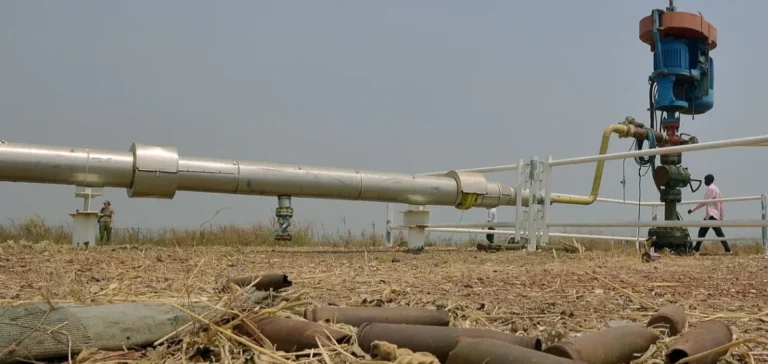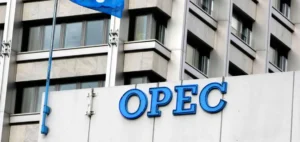Le Soudan et le Soudan du Sud ont conclu un accord visant à sécuriser les infrastructures pétrolières transfrontalières, essentielles à l’économie régionale. L’annonce a été faite à Port-Soudan, alors que le conflit civil en cours a déjà entraîné plusieurs attaques contre des stations de pompage et des oléoducs reliant les champs pétroliers sud-soudanais à la mer Rouge.
Le dispositif annoncé comprend un mécanisme de sécurité conjoint chargé de coordonner des patrouilles à la frontière, ainsi que le partage de renseignements pour prévenir les sabotages. Ce cadre bilatéral s’ajoute à la création d’un Comité économique commun, destiné à renforcer la coopération dans des secteurs stratégiques, notamment l’énergie et les infrastructures.
Le rôle non défini des forces de soutien rapide
L’accord ne mentionne pas les Forces de soutien rapide (RSF), une force paramilitaire qui contrôle plusieurs zones traversées par les pipelines. Cette omission soulève des inquiétudes quant à l’efficacité de l’accord, dans un contexte où le contrôle territorial est fragmenté et l’État soudanais affaibli.
Pour le Soudan du Sud, le pétrole représente près de 90% des recettes publiques et 95% des exportations. Depuis février 2024, les combats au Soudan ont fortement perturbé le transport du brut, avec des dommages majeurs sur l’oléoduc principal qui assure environ 70% des flux sortants.
Un accord commercial encadré par des frais multiples
Le transit du pétrole sud-soudanais est encadré par un accord signé en septembre 2012. Juba s’acquitte de frais précis: 1,60 $ pour le traitement, 8,40 $ pour le transit via la société publique Petroleum Company (Petco), 6,50 $ pour le tronçon géré par le consortium Petrodar, auxquels s’ajoutent 1 $ de redevance souveraine et 15 $ en vertu d’un arrangement financier transitoire.
Selon un programme de recherche basé à Genève, une partie de ces paiements est réalisée en nature, avec jusqu’à 27 000 barils par jour transférés au Soudan à titre de compensation. Ce système hybride de paiements monétaires et en brut accroît la dépendance structurelle entre les deux États.
Une coopération institutionnelle sous tension
La mise en place du Comité économique bilatéral laisse entrevoir une volonté de maintenir le dialogue malgré les tensions internes. Toutefois, sans engagement des acteurs armés non étatiques ni amélioration de la sécurité dans les zones de transit, la stabilité du flux pétrolier reste incertaine.
L’accord met en lumière les intérêts économiques convergents, mais aussi les tensions sous-jacentes entre gouvernements et groupes armés, dans un environnement où les infrastructures pétrolières sont à la fois source de revenus et objet de pouvoir.






















